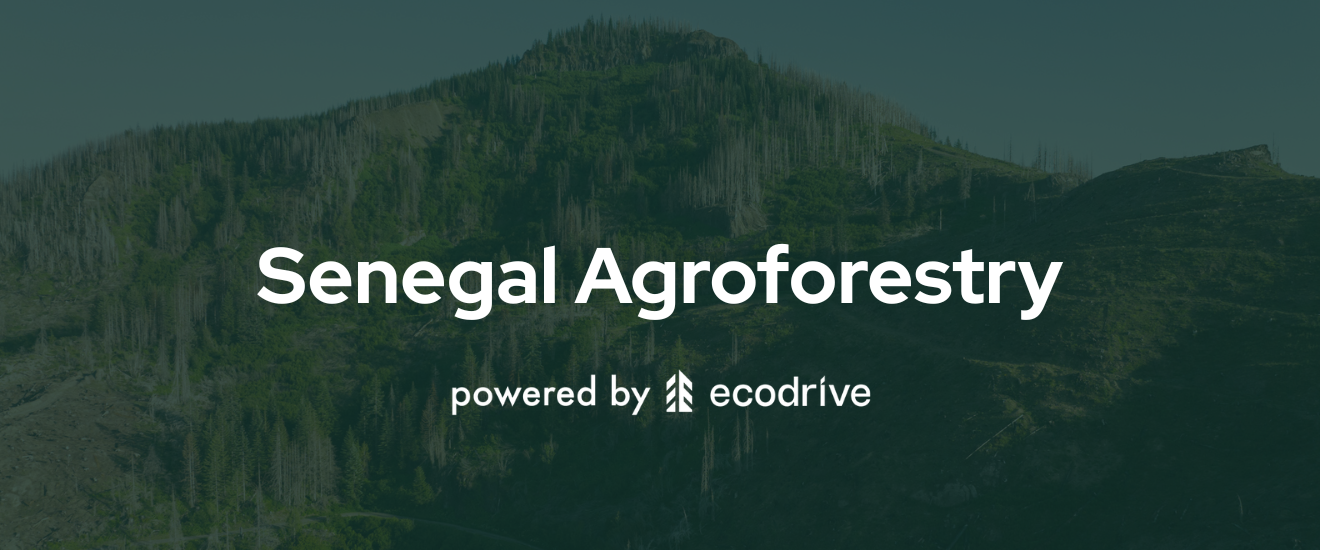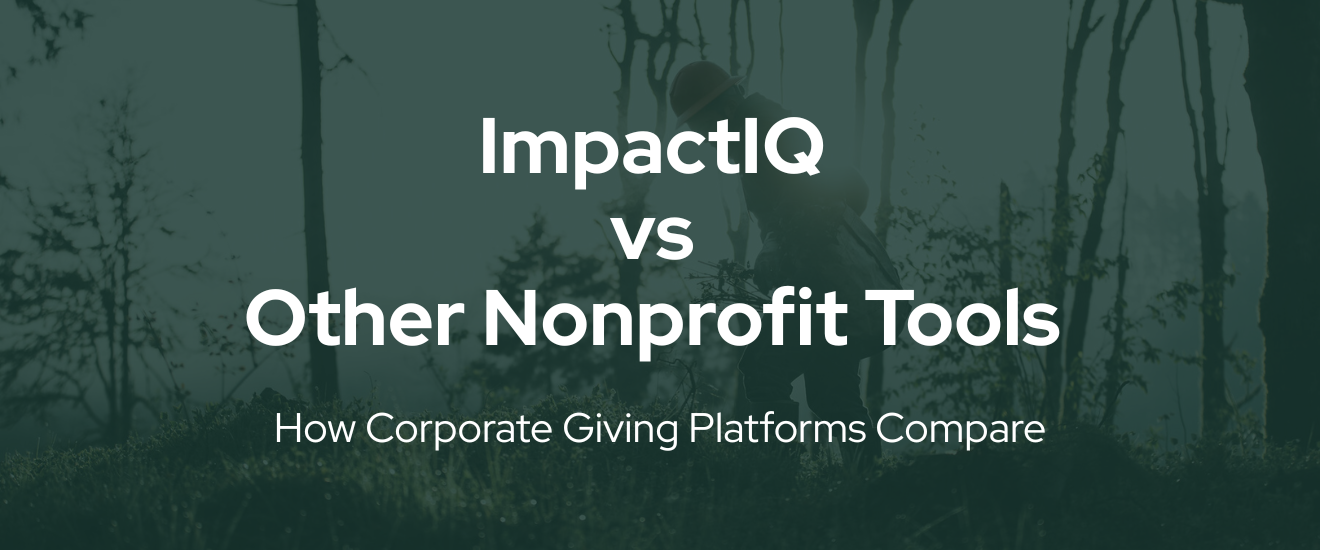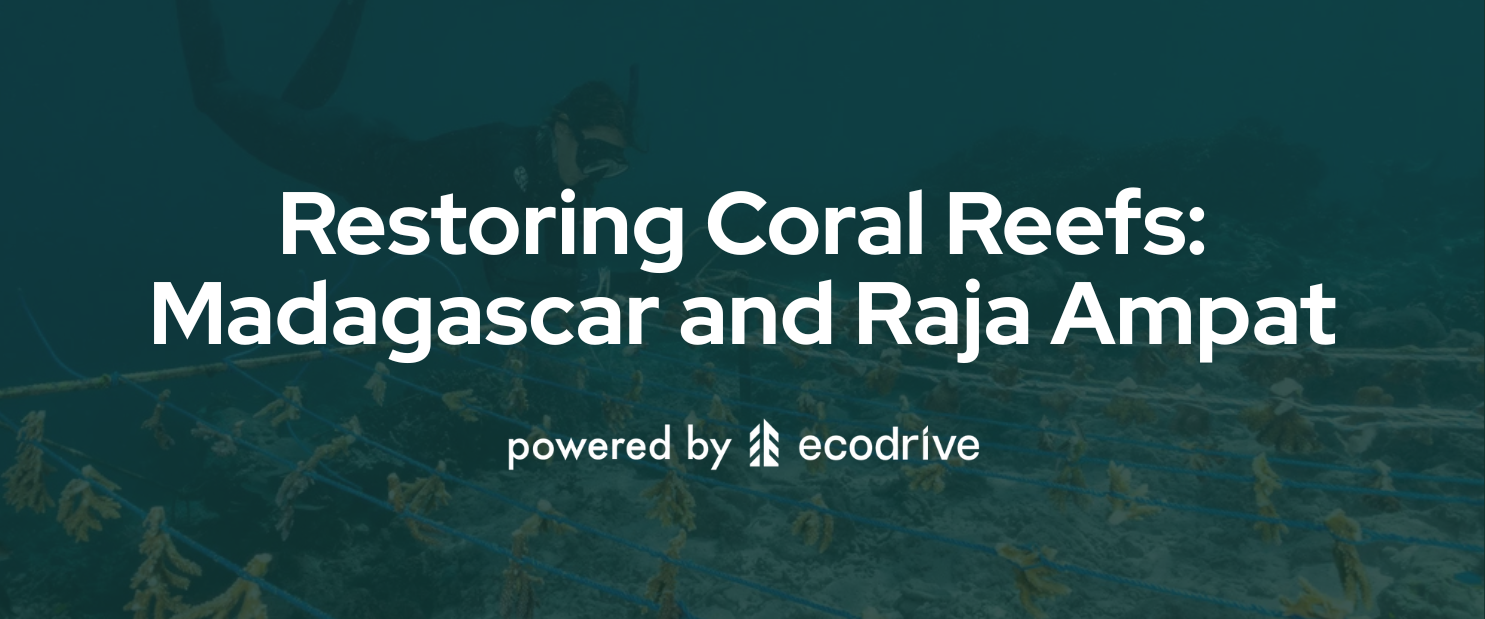Senegal Agroforestry
Read more about our tree planting projects in Senegal
The Location
📍 Nganda Region, Senegal, Africa
Senegal, located on the westernmost point of Africa, is known for its diverse geography, ranging from the Sahelian desert in the north, to the lush, subtropical zones in the south. The country is bordered by the Atlantic Ocean, offering vast coastal ecosystems, and features the majestic Senegal River, a lifeline for many communities.
The Nganda Region, situated in central Senegal, primarily supports agriculture due to its fertile lands.
Senegal is a melting pot of ethnic groups, including the Wolof, Fulani, and Serer, each contributing to its vibrant cultural heritage. The country is also home to unique wildlife, including iconic species like the African lion and a variety of bird species. Over the past few decades, Senegal has experienced economic growth, driven by agriculture, mining, and tourism.
Despite Senegal's status as one of the world's fastest-growing economies, over a third of its population lives in poverty, particularly in rural areas. Senegal is ranked 170th out of 191 on the Human Development Index. (World Food Programme 2024).
The Problem
In Senegal, the conventional crop intensification model has proven inadequate, jeopardizing livelihoods, degrading soils, contributing to biodiversity loss, and aggravating the effects of climate change.
Peanut monocropping has led to adverse environmental and economic impacts. The Ndankou and Patte Forests, despite successful past management, face threats such as encroaching peanut farming and reduced forest cover.
This loss of trees has had a severe impact on the country’s biodiversity, pushing several species of animals and plants to the brink of extinction. Wildlife habitats have been fragmented, leading to a decline in native species and a disruption in ecological balance. Deforestation also contributes to soil erosion, desertification, and reduced agricultural productivity, making it harder for local communities to sustain themselves. The economy suffers as forests that once provided resources for livelihoods are depleted, leading to greater poverty in affected regions.
Additionally, deforestation exacerbates climate change, as the loss of trees means a reduced capacity to sequester carbon, worsening environmental challenges for Senegal's future.

The Solution
The Senegal Agroforestry program seeks to restore as much of the 30,000 hectares of degraded land surrounding the region’s forests as possible, starting with 6,000 farming families, each with one hectare to manage.
By rehabilitating degraded lands, implementing sustainable practices, and fostering community ownership, the program aims to contribute to the long-term richness and sustainability of the Gambia River Watershed.
Partner - Mother Trees
Main Planting Window - July - August, year-round access
Site Technology - Geospatial Data Layers via Veritree
What is Agroforestry?
Agroforestry is a sustainable land management approach that combines the cultivation of trees or woody plants with agricultural crops or livestock on the same piece of land.
This approach combines forestry with farming techniques, where trees are planted alongside crops or pastures, creating a symbiotic relationship that enhances biodiversity, improves soil health, and increases crop yields. Agroforestry systems offer multiple benefits: they provide shade and wind protection for crops, reduce soil erosion, and improve water retention. Healthy trees contribute to carbon sequestration, making them an essential tool in fighting climate change.
For communities, agroforestry offers a way to restore ecosystems while simultaneously boosting food security and income opportunities through diversified land use.

The Impact
An estimated 0.027 tonnes of CO2 will be sequestered per tree. That’s 270 tonnes of CO2 sequestered per 10,000 tree forest.
Planting efforts will support the rejuvenation of several tree varieties including Mammoth Baobab, Mahogany, Tamarind, Honey, and Silk Cotton - all powerful contributors to the fight against climate change.
The agroforestry projects will also positively impact the region’s biodiversity, providing shelter, food, water, and space for species such as the white-headed vulture, the African slender-snouted crocodile, and the African dragonfly.
For every 10,000 trees planted, 20 work days will be created for local communities, providing new income streams and food security.

How You Can Help
Supporting our Senegal Agroforestry Project has never been easier.
Ecodrive enables you to seamlessly integrate sustainability into your business processes. Our technology allows you to tie everyday actions like sales, reviews, emails sent, meetings booked, and much more, to projects like tree planting in Senegal. Meaning you’re doing good for the planet, and your business.
Easily plug-in to your existing Shopify, Amazon, or e-commerce store, and gain access to our marketing toolkits and verification portal to fully communicate your impact to consumers and stakeholders.
Learn more by booking an Ecodrive demo with a member of our team.












